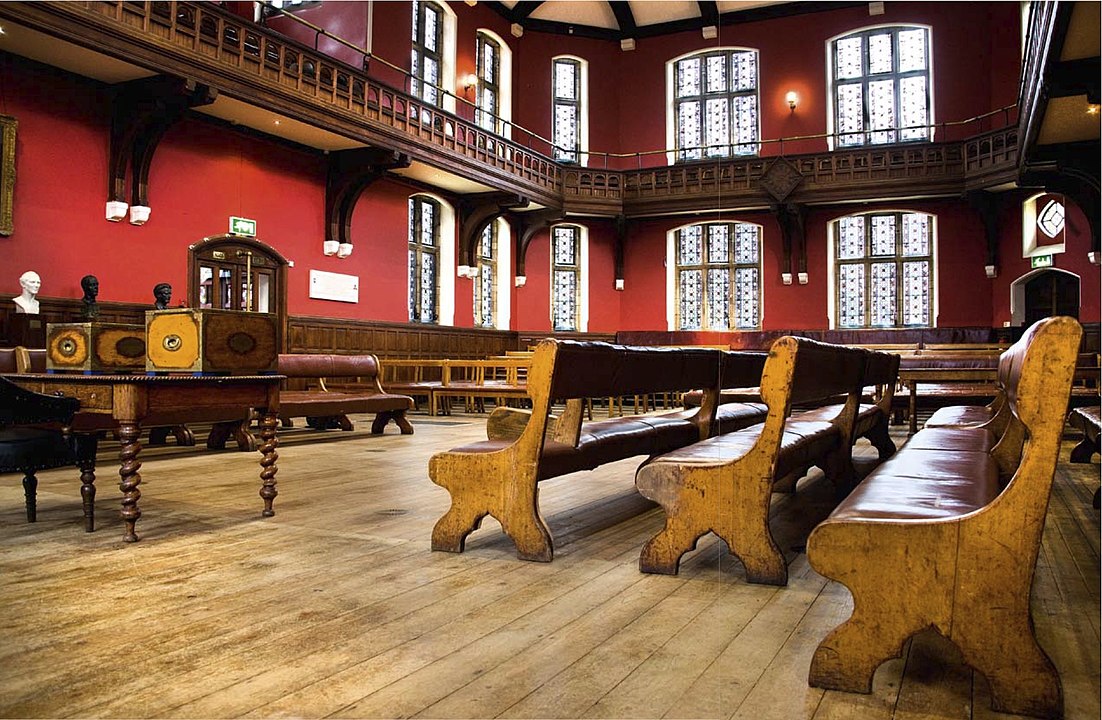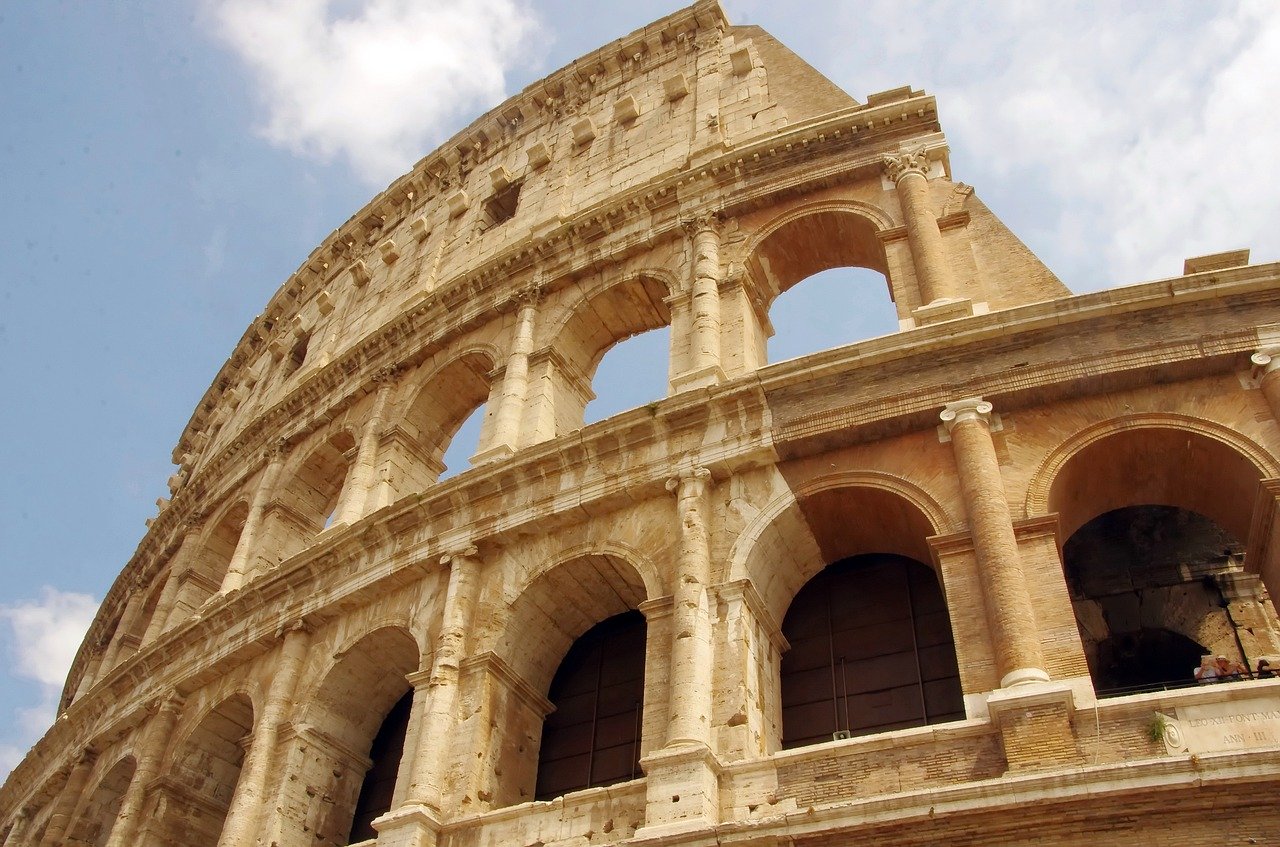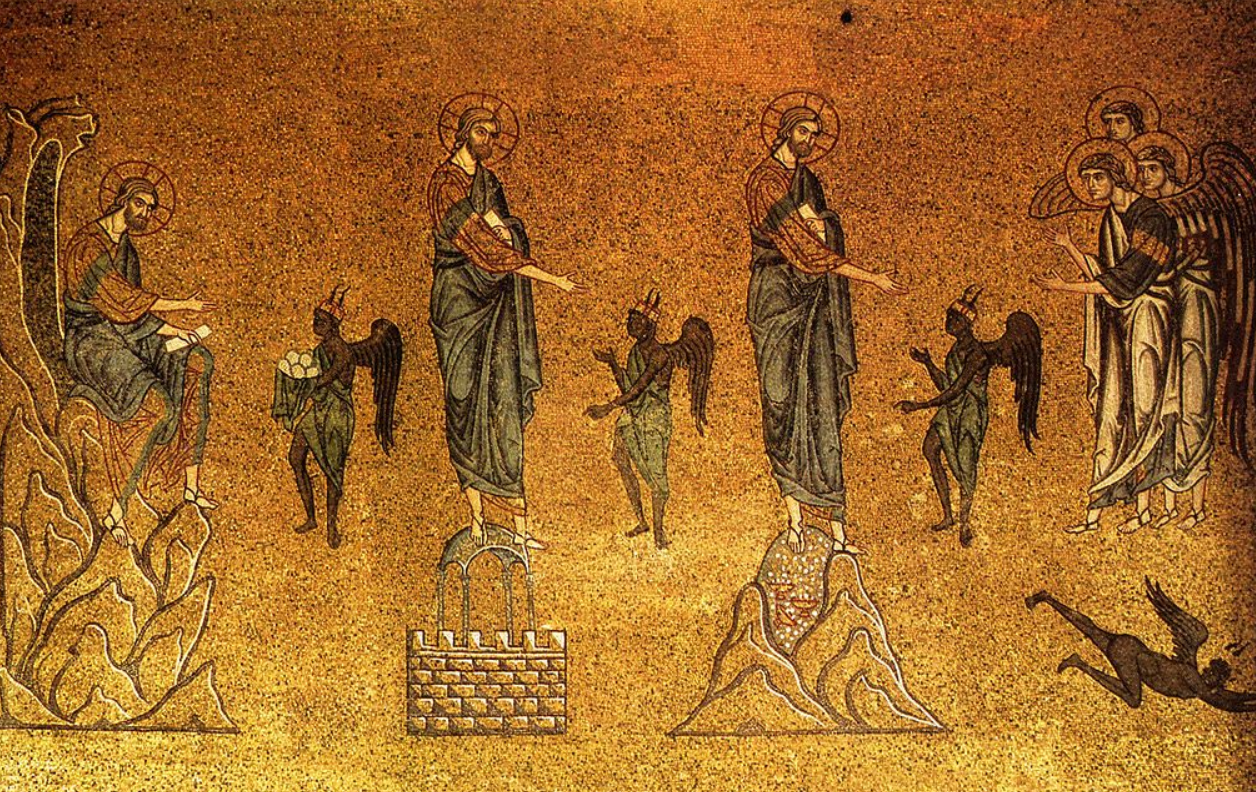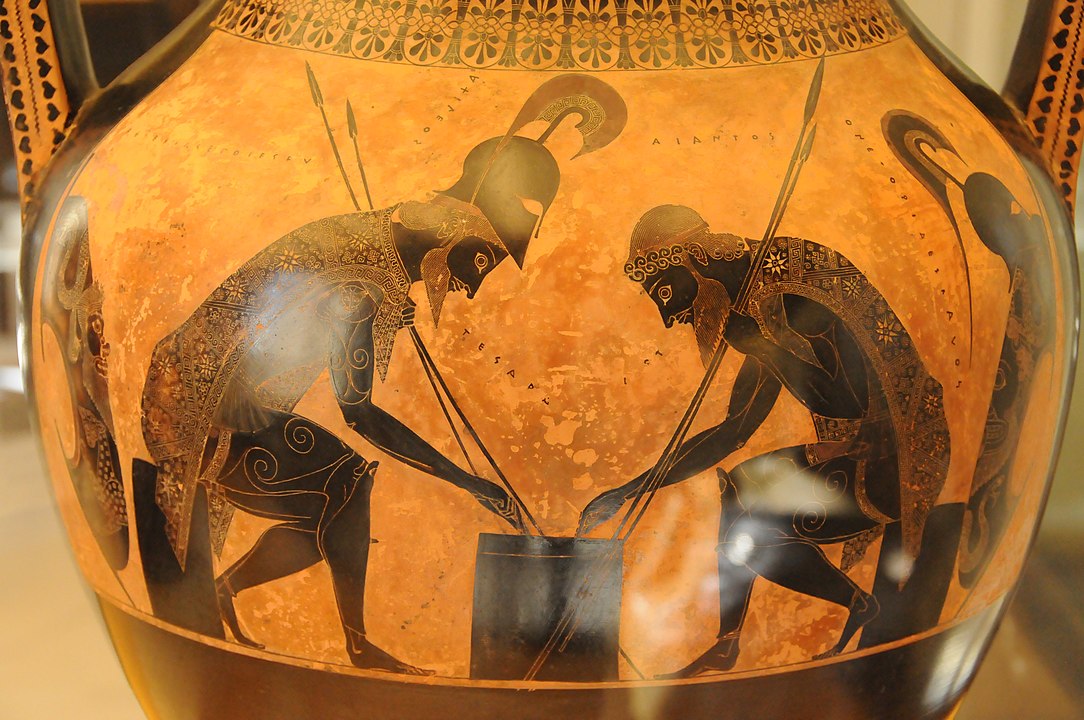Abandoning America’s Founding Ideals
It cannot be disputed that we as a nation have failed to live up to our ideals. But this failure of action does not diminish the value of these ideals; indeed, it only highlights our desperate need for them.
Abandoning America’s Founding Ideals Read More »









